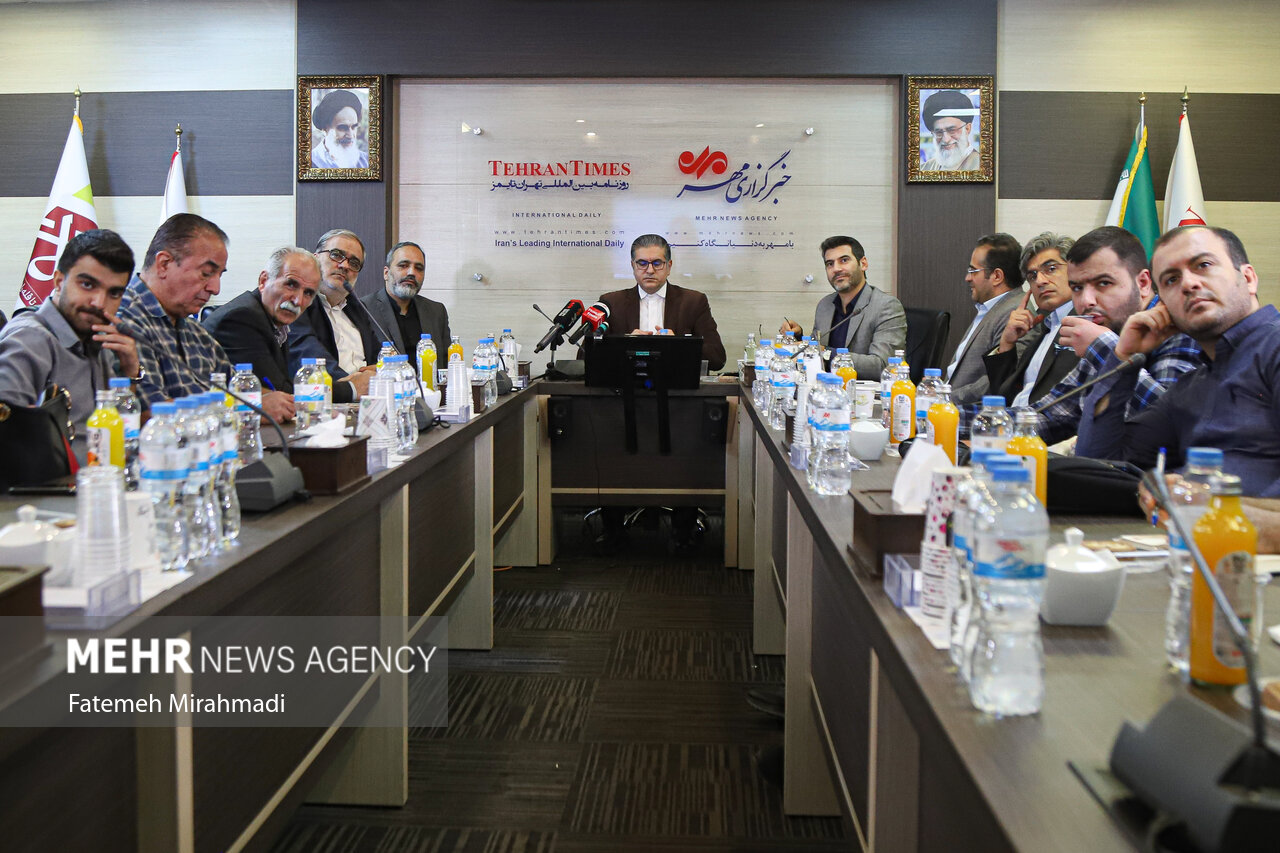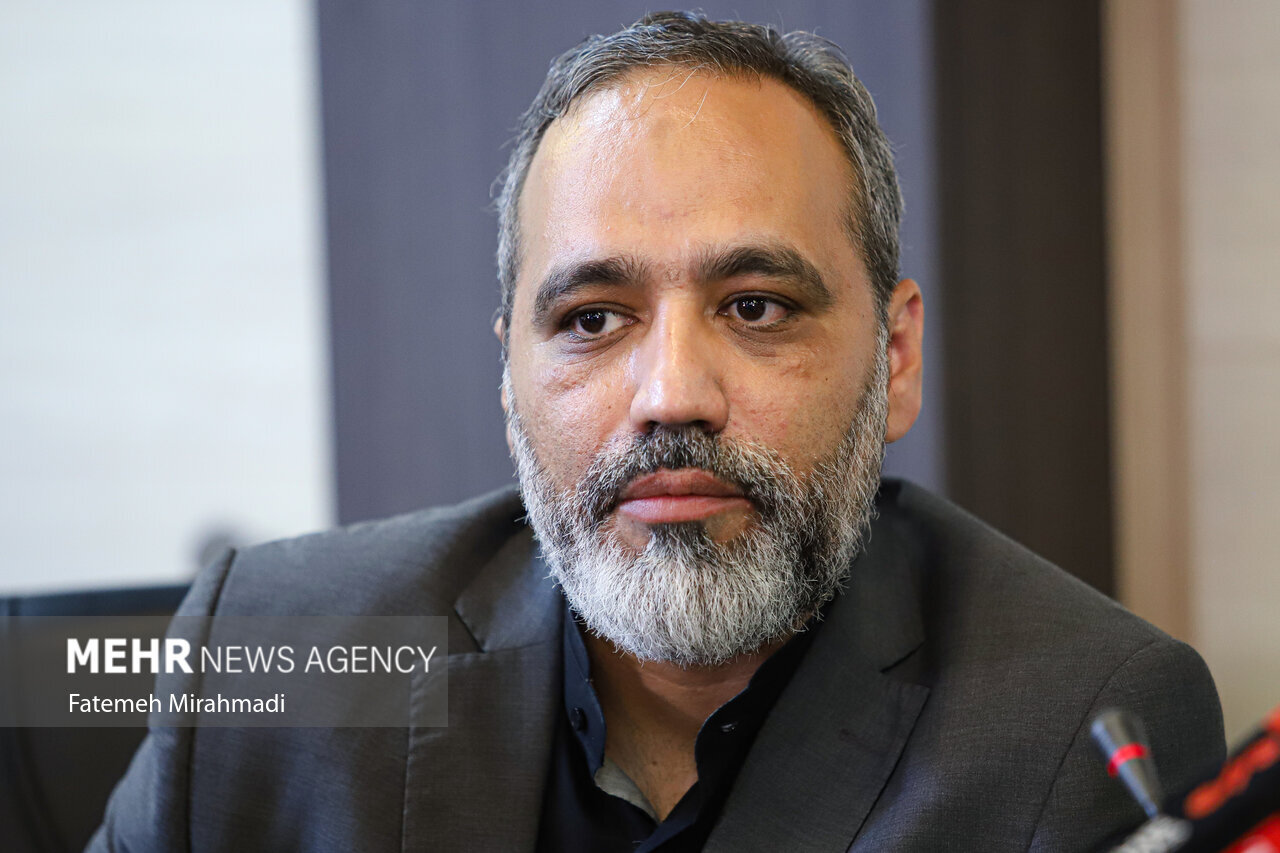Mehr News Agency, International Desk, Elnaz Rahmat Nejad: Since the conflicts between Azerbaijan and Armenia began, connecting with Nakhchivan has become a key challenge between the two countries. Additionally, Nagorno-Karabakh-a predominantly Armenian region within Azerbaijani territory connected to Armenia via the Lachin passage for years-was at the heart of these conflicts. azerbaijan sought control over this area.
After several wars, Azerbaijan gained control of Nagorno-Karabakh and pledged under a trilateral agreement to ensure safe communication for its people with Armenia. However, due to Nagorno-Karabakh’s blockade and pressure on Armenians there, many were forced to migrate. this depopulation essentially violated one of the most important clauses of the 2020 trilateral agreement by Azerbaijan.
Azerbaijan asserted under Article 9 of this trilateral agreement that Armenia had committed to establishing a corridor from Azerbaijan toward Nakhchivan.Since 2020, Baku has intensified efforts toward activating this corridor in recent months.
The “Zangazur Corridor” poses a significant security threat for Iran, Armenia, and other regional actors connected with South Caucasus affairs. Iran’s primary concern is that its land connection with Armenia will be severed along with reduced overland access to European countries.
In response, an international conference titled “Zangazur Corridor: Geopolitical Threats Against Iran and Perspectives from Various Actors” was held on Tuesday, August 5th at Mehr News Agency’s meeting hall. Participants included Shoaib bahman (Head of Contemporary World Studies Institute), dariush Safarnezhad (Senior Caucasus Expert), Ehsan Moheddian (University Professor and Senior Caucasus Analyst), dr. Mohammad Mehdi Rahmati (CEO of Mehr Media Group), Mohammad reza Moradi (Anchor & Director General for International Affairs at Mehr News Agency).A summary follows below.
A photo report on the conference can be accessed at Mehr News Agency’s website link provided in original text.
Media as an Accelerator for Understanding and Shaping a shared future Among Neighbors
Dr. Mohammad Mehdi Rahmati opened the conference emphasizing that media dialog on critical regional issues is vital. He said coherent media discussions among experts could generate significant national and international impact.
“Most participants hold specialized knowledge,” he added; sharing insight particularly about corridors like zangazur-which are essential topics today-is invaluable but ofen neglected due to lack of opportunities for collaborative discussion leading toward consensus solutions.”
“the future of neighboring states will not develop independently,” Dr. Rahmati stressed. “Media can drive understanding and help build shared futures politically.” He noted iran’s historic role in regional affairs positions it well to facilitate idea exchanges regarding Zangazur.”
“Zangazur Corridor”: A 34-Year-Old American Plan Attempting To Reshape South Caucasus
Dariush Safarnezhad described ”Zangazur Corridor” as a US plan pursued over three decades under what was known as “the Gubel Plan.” The current iteration goes by “Zangazur.” Both Iran and Russia opposed it from inception; thus far it remains unrealized.”
“NATO serves as its main backer,” he added; followed by America itself as well as Europe, Israel’s regime (“regime occupied”), Turkey-and Takfiri groups supporting it indirectly.”
“Turkey plays an influential role as NATO’s Southeastern command sits there,” Safarnezhad explained more broadly Turkey’s military presence spans mountainous zones across Asia-South Caucasus region through Afghanistan into Balkans where they operate on NATO’s behalf.”
The expert highlighted recent developments: “Two critical meetings occurred recently – first in Turkey then Abu Dhabi – without Russia participating despite its peace mediator status since Karabakh war ceased in late 2020.” According to him there is now an eight-to-nine-month timetable established wherein representatives from US companies alongside firms from Europe…Israel…Turkey…Azerbaijan…and Armenia form consortium overseeing corridor operations.”
He claimed Armenian Prime Minister Nikol Pashinyan agreed de facto sovereignty would be granted along four-decade-long strip measuring roughly five or six kilometers wide stretching forty-plus kilometers geographically known locally by various names consistent within such arrangements.”



دیدگاهتان را بنویسید